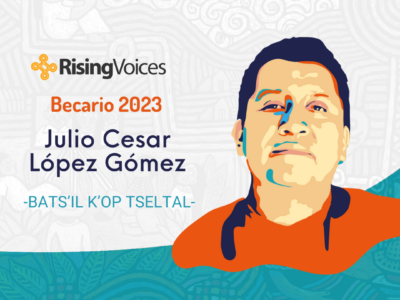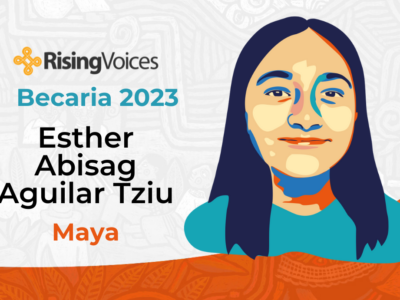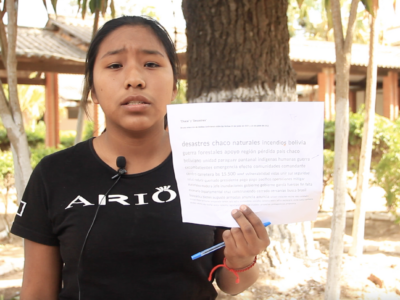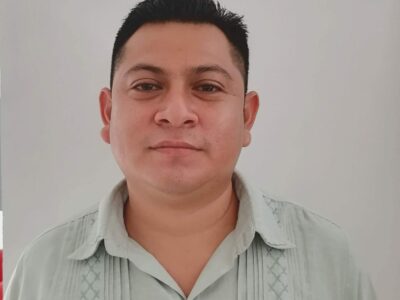Teodora is a socio-cultural anthropologist and translator with international professional and educational background. Teodora has extensive translation and copyediting experience for academic presses, and online media. As researcher, Teodora is interested in promoting a better understanding of the complex contemporary social, political, cultural and environmental issues, with a focus on the underrepresented perspectives of the marginalized, indigenous communities worldwide. With cultural and social sensitivity, Teodora contributes to projects, like Global Voices, that bring awareness of inequalities, lack of freedom and human rights violations around the world.
Latest posts by Teodora C. Hasegan
Bolivian high school students want to redefine conversation around environment and climate change
"Although they say that we are the future of the country, they do not take us into account," say students who want to contribute to these issues.
Radio as a means of literacy and promotion of the Tseltal language
Julio Cesar López Gómez, speaker of the Bats'il K'op (Tseltal) language, teaches workshops to children, translates, and creates audiovisual content. Learn about his story as part of the Mayan Languages Digital Activism Program 2023
The project ‘KI´KI´KUXTAL’ safeguarding Mayan knowledge
Abisag seeks to use digital media to preserve and amplify the knowledge of her Mayan community. Learn about her project as part of the Mayan Languages Digital Activism Program 2023.
‘The media do not show what really happens in the Indigenous communities,’ an Indigenous radio host says
When you do a search for the word "Indigenous" in some Bolivian media, what do you find? María Jesús Velasco finds that the term is not reported on accurately.
A young Guaraní questions the absence of his native language in the media
When you do a search for the words "Indigenous people" in Bolivian media, what do you find? Rober Degni Abapori identifies that these terms refer to the Indigenous autonomies.
A young radio broadcaster asks the media to inform on the lack of health services in the Gran Chaco, Bolivia
When you do a search for the word "health" in some Bolivian media, what do you find? Génesis Juliane Quispe shares her perspective.
‘We can mitigate climate change by listening to the voice of the Indigenous peoples’ says young Indigenous leader in Bolivia
A young Indigenous leader speaks to the media: fact-check your information before sharing
‘We the Indigenous peoples are interested in conservation,’ says Indigenous youth in Bolivia
When you do a search for the words "identity" and "territory" in Bolivian media, what do you find?
“The media talks about progress, but I haven't seen it,” says young Guaraní woman about the megaprojects in communities
When searching the word "road" in some media, Madelyn Paredes Maroni points out that the term is represented as a synonym for "progress" and "revenue" for indigenous communities.
‘The media should report on the water scarcity in the Indigenous communities,’ explains a young Bolivian journalist
What does a media search for the words "incendio" and "chaqueo" reveal? Brisa Abapori considers that these words were relevant in the media only during the fires, afterwards they were neglected.
A Guaraní professor analyzes the perception of Indigenous peoples in Bolivian media
Benjamín Cuéllar Fernández researched how the word "Indigenous" is used in Bolivian media and explained how he would like information about Indigenous peoples to be reported.
Creation of linguistic landscapes using ancient and contemporary Mayan writing
In this post, José Alfredo Hau talks about his digital activism project, his community, and his Mayan language.
Creating new, local narratives on climate change in the Bolivian Chaco
Young Indigenous journalists propose more representative media coverage of climate change focused on their lived realities in the Gran Chaco, Bolivia that extends beyond natural disasters.













